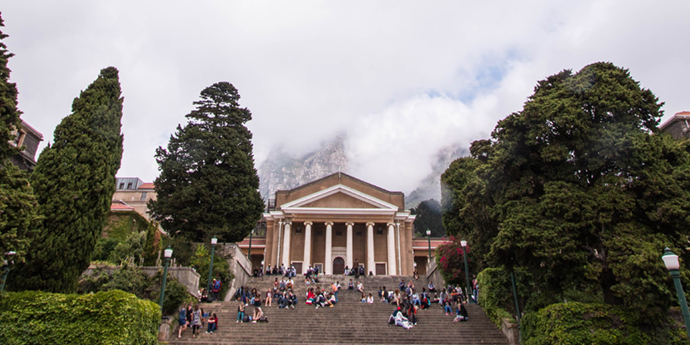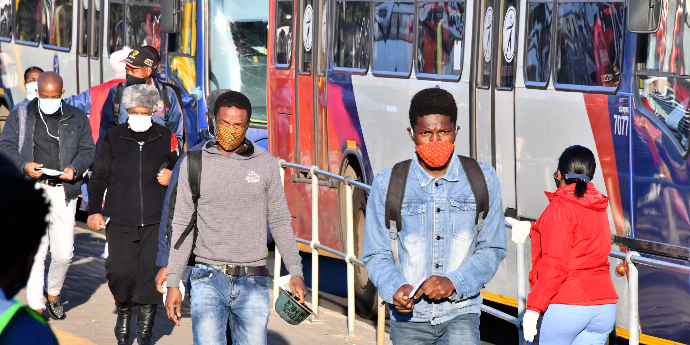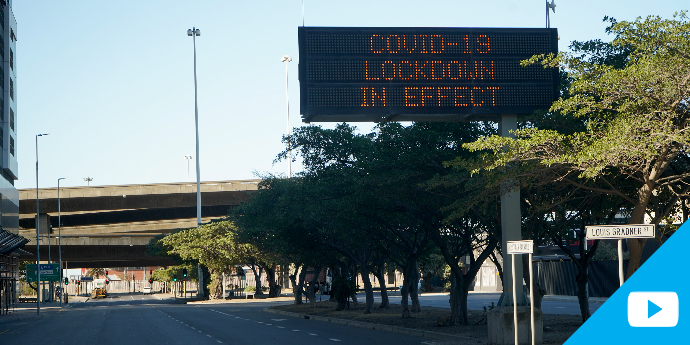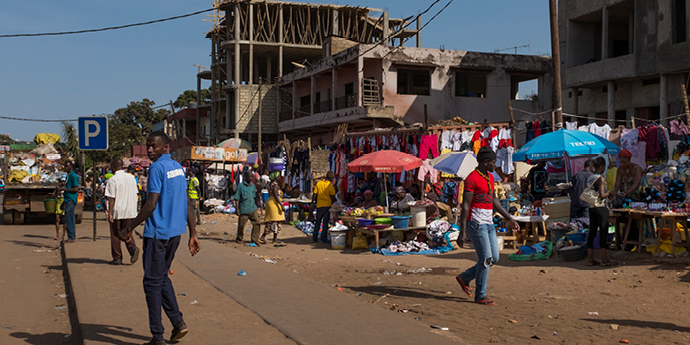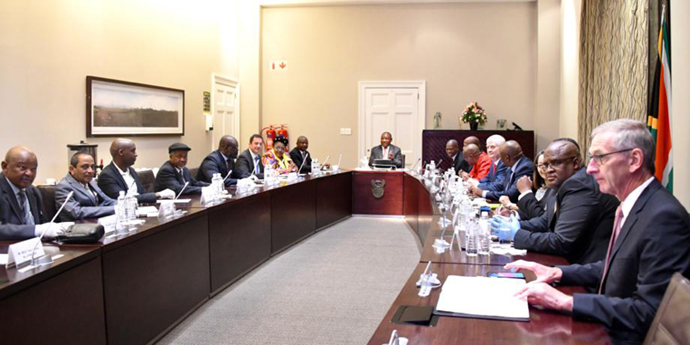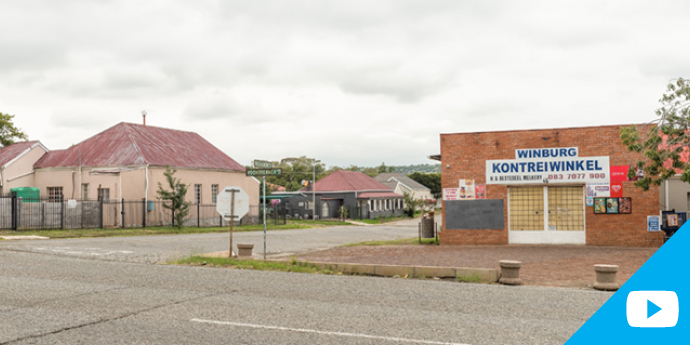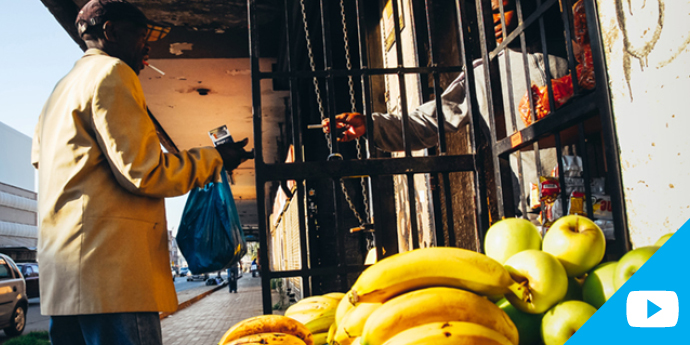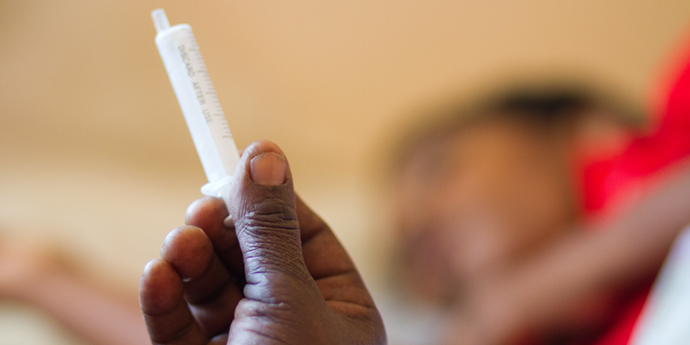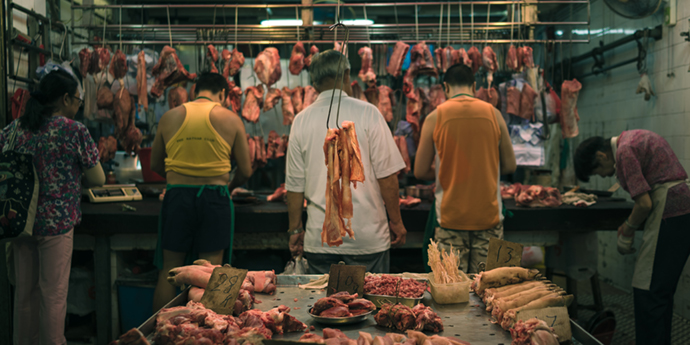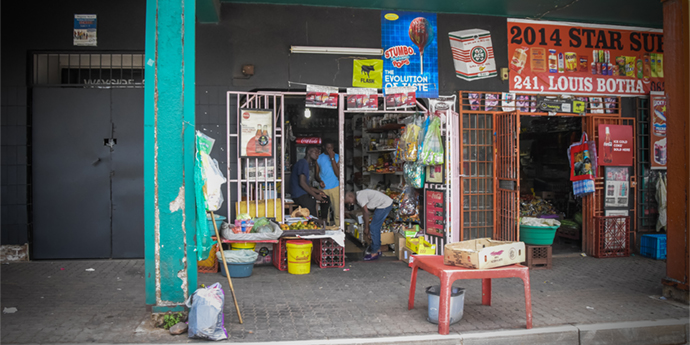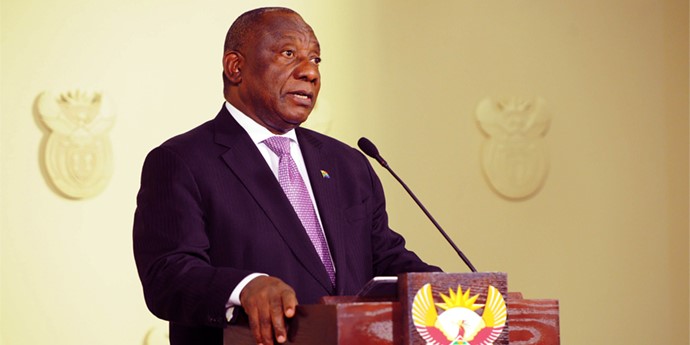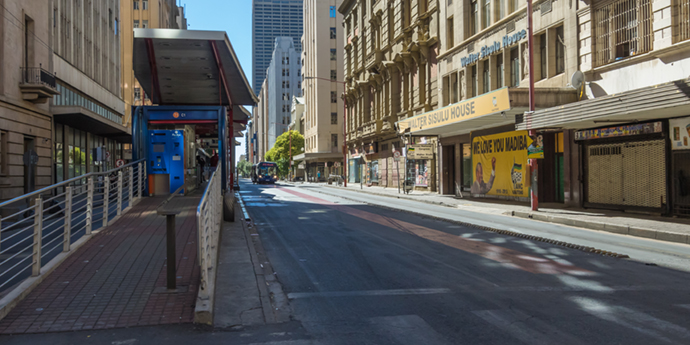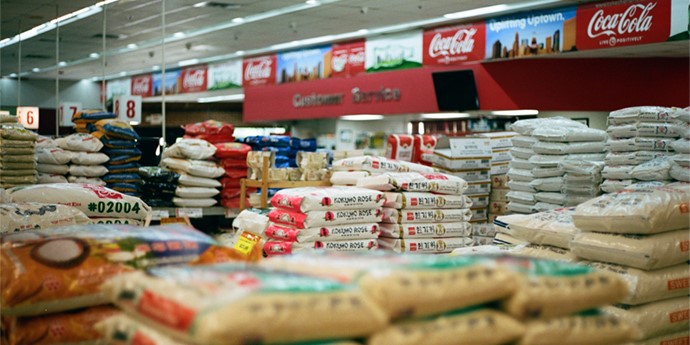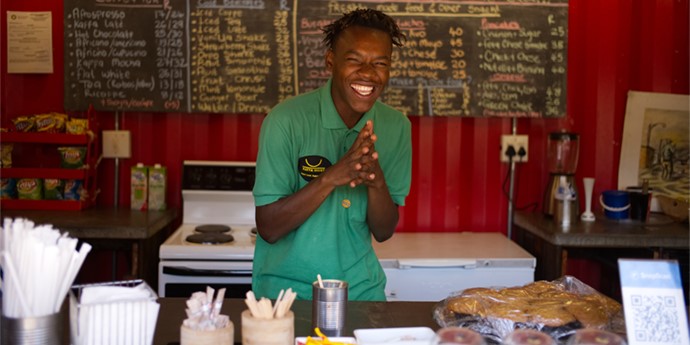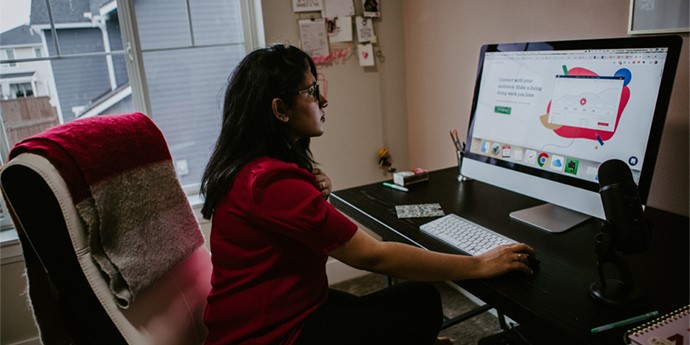The Coronavirus pandemic erupted in a macroeconomic environment that is a rich cocktail of economic contraction and contradiction. History teaches us that if we don’t pay attention to this — we risk underestimating the magnitude of the crisis that we face.
The economic and humanitarian devastation being wrought by the COVID-19 crisis across the world, is currently being treated by the media and policy makers as an exceptional event.
Nearly all of the public domain estimates of its potential economic impact are based on lockdown calculations of the various sectors and, in some cases, the medical costs. However, the impact of the pandemic cannot be divorced from the existing national and international macroeconomic environment. It also cannot be separated from macroeconomic policy options and their potential unintended consequences.
The current reporting on the crisis masks a concerning fact; when the pandemic erupted — many economies were already on a downward trend. This may deepen the impact of the crisis and prolong the time it takes for most countries, South Africa included, to recover.
It helps set the scene to draw on the lessons and magnitude of major recessions and depressions over the last century, starting with the Great Depression, which began in 1929. This caused untold human tragedy by reducing incomes in the US by between 6% and 12% annually as that shock played itself out. The notable causes of that shock were price meltdowns in the stock and housing market; massive bank failures; a devastating drought; and poor policy. The latter included higher interest rates, contractionary fiscal policy and a trade war.
The Japanese ‘lost decade’ which started in the early 1990s and is yet to play itself out was similarly caused by price meltdowns in the stock and housing market; bank failures; and poor policy. The latter in this case was dominated by policy that was ‘too little, too late’.
The third important economic crisis was the so-called ‘Dot Com’ bubble of 2001/2. It was caused by a stock and housing market bubble. The end of the bubble was characterised by a price meltdown in the stock market and policy that was ‘too much, too soon’. It was these policy responses that were the fuel for the Financial Crisis starting 2008 where there were also massive stock and housing market bubbles. Again, the end of the bubble resulted in price meltdowns in the stock and housing market and massive bank failures. It also heralded in many countries breaking the rules of fiscal prudency and quantitative easing (QE) funding this fiscal imprudence. In the US this increase in QE was $3.5tn. In the Euro Zone it was €3.5tn.
So what do these historical examples have in common with what we are experiencing now? It was clear, by the end of last year, that most countries were on the verge of recession. The evidence can be seen in falling or negative GDP growth supported by various indicators including business confidence, consumer confidence, the PMI (Purchasing Manager’s Index) and the Baltic Dry index (which is indicative of world trade). GDP growth in January 2020 was sitting at around 0.4% in Germany, 0.5% in France, 0,4% in Japan, and 1% in the UK. Although China appeared fairly strong at 6%, the numbers were dropping month-to-month, which was the case in the US as well, where 2.3% was noted in the beginning of the year. In South Africa, there was only 0.2% growth in 2019 and so it began the year technically in recession.
Stock markets can be expected to reflect underlying economic conditions. The economic outlook determines potential sales and profits. These influence corporate values and dividends and are reflected in stock prices. Strikingly this was not the case. Stock markets boomed throughout 2019 — The US, Germany, France, China, Russia, even the UK (in the face of Brexit) and Japan had markets which were irrationally buoyant. The funding for this exuberance? The on-going policy driven economic stimulus in the rich world.
It is this rich cocktail of economic contraction and contradiction that was the macroeconomic environment in which the Corona pandemic found itself. The immediate consequence was a stock market meltdown of similar proportions to previous economic shocks. The Dow Jones drop was similar to the Financial Crisis and the Nasdaq to the Dot.Com bubble. The UK, Dutch and South African? Market drops were very similar to those in the Financial Crisis. This heralded the onset of macroeconomic shocks that would reinforce the Corona impact with devastating economic consequences. The world was poised on the verge of an economic meltdown not just because of Covid-19 but also because countries had already entered recession and then suffered a devastating stock market meltdown. All of this left people feeling very poor.
Enter government with necessary policy responses and stimulus packages. In the US these are currently estimated at $2.4tn and it appears that this will be funded through QE. This should be seen in contrast to the $3.5tn QE between 2009 — 2014 after the Financial Crisis. Current Euro Zone plans are €500bn with an opaque funding mechanism. This must be compared to the €3.5tn QE between 2009 and 2019.
The immediate response to this policy stimulus? A massive stock market rebound. It was the policy responses to the Dot.Com bubble that fuelled the Financial Crisis. It was the policy responses to the Financial Crisis that fuelled the stock market bubble of 2019. The reader can draw their own conclusion about what the policy response to the Coronavirus is doing to stock markets. To date the policy responses to COVID-19 are smaller than those to the Financial Crisis. These have however only been over the last three months. The policy responses to the Financial Crisis continued over nearly a decade. The conclusions are surely self-evident.
As a footnote, any forecast of the direct economic impact of the pandemic is going to be wrong. There may however be some merit to making a minimum estimate. A simple ‘back of envelope’ calculation can be done on a sector-by-sector basis. Imagine a five-week lockdown in which the main sectors contract, over a quarter, by, for example, 45% in mining, 35% in manufacturing and 35% in tourism. Imagine further that all sectors recover over the course of a year to identical levels as at the beginning of 2020. There will be an annual drop in GDP of 10%. This minimum estimate is little different to the worst international economic crisis of all time — the Great Depression.
By looking at the pandemic in isolation from both short trends in local and international economies and existing structural weaknesses in international economies, we risk not being properly prepared for the magnitude of what we are facing. What many countries around the world - and South Africa for sure - are likely looking at is another financial crisis - this time brought on by a natural phenomenon - COVID-19. But this event, coming as it does on the heels of a declining global economy may prove to be more devastating than the other big financial crises of our times. This data shows an imperative on government to stimulate the economy to recover as soon as possible to limit the effects of this crisis, by introducing policies that support local businesses and promote the rebuilding of local industries in order to limit the potential damage.
Barry Standish, a former UCT GSB economist, is a founding partner at StratEcon, a leading South African economics consultancy with more than three decades of experience in Africa. This article is based on a talk that he gave to alumni of the UCT Graduate School of Business in April.





